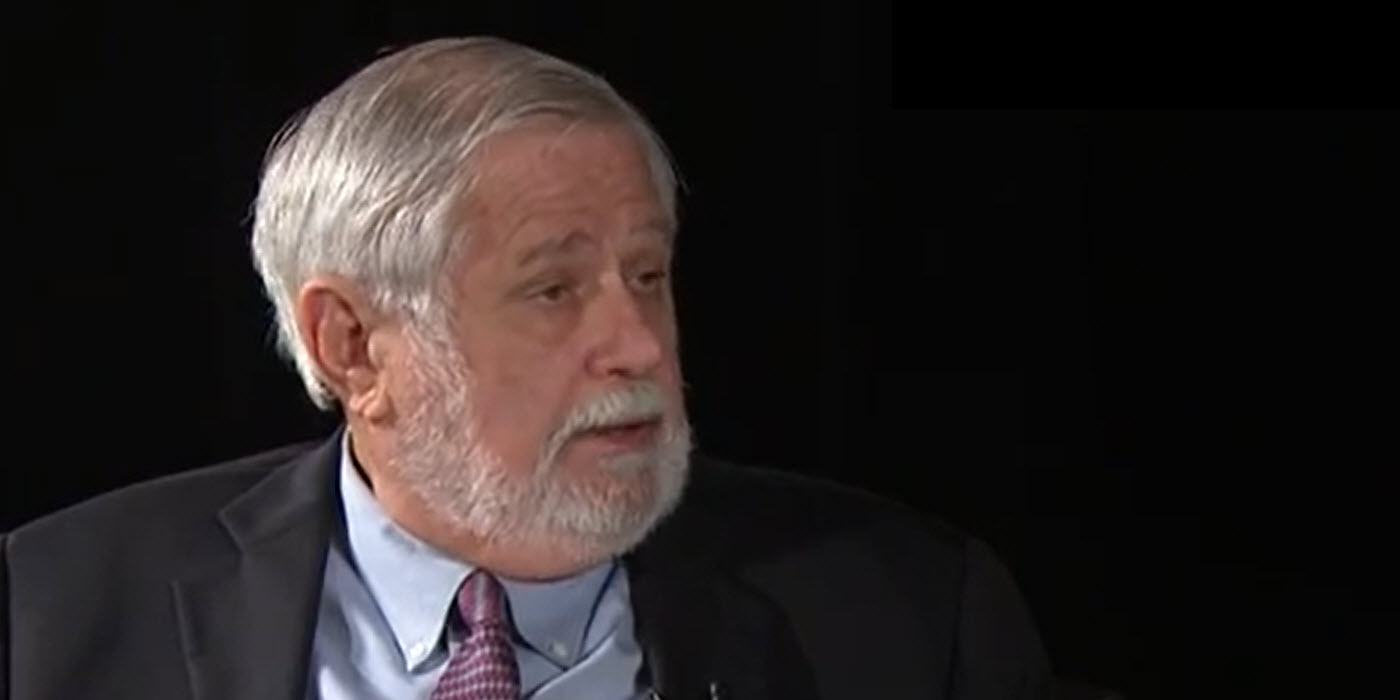I’m unsure if I’ve ever mentioned this on the podcast, but I have an accounting background. However, I consider myself a corporate finance guy, not an accounting professional. I say this because I’m not a fan of accounting books unless they include some business history in the content. Even though it’s accounting-centric, I found More Than a Numbers Game by Tom King hard to put down because the business history in this book is fascinating and useful.
Episode Highlights
- The 30-minutes a day of writing that led to a book
- What is The Game?
- The intended audience for More Than a Numbers Game
- The 4,500-year gap and the strategic advantage of the merchants of Venice
- The reason why so many people struggle with the language of accounting
- The many names for the bottom line and Tom’s favorite
- The first financial report produced by the railroads was just one page
- The first modern-day financial report was released in 1903 for U.S. Steel Corporation
- Science, humanities, social sciences, and the liberal arts
- GE’s run of earnings exceeding estimates
- The inadequacies of SOX
- Completeness and consistency
- Tom’s other book, The Numerate Leader
“Accounting is a widespread, messy impresise language designed to share information about econcomic performance and prospects.”
Tom King
More Than a Numbers Game: A Brief History of Accounting was inspired by Arthur Levitt's landmark 1998 speech delivered at New York University. Each chapter covers a controversial topic that emerged over the past century. Historical background and discussion of people involved give relevance to concepts discussed.
Important Links
- As mentioned on the show, Tom’s book was inspired by Arthur Levitt’s speech, The Numbers Game. You can read the full text on the SEC’s website.
- The AICPA weighed in on this discussion, and you can read their article on their website where they publish The Journal of Accountancy.
- When I read about the U.S. Steel financial report of 1903, I found a reproduction of it on the university website where Tom is a professor. Note some of the names of the board members on page 3 of the PDF document. Also noteworthy is the opinion of Price Waterhouse on page 23.
- Disclosure is one of the pillar themes in Tom’s book, and that got me thinking about cookie jar accounting in a famous case involving Microsoft some twenty years ago.
- Have a question for the author? I’m sure Tom King would enjoy hearing from you. You can connect with him on his Linkedin profile.
Episode Pairings





Leave a Reply